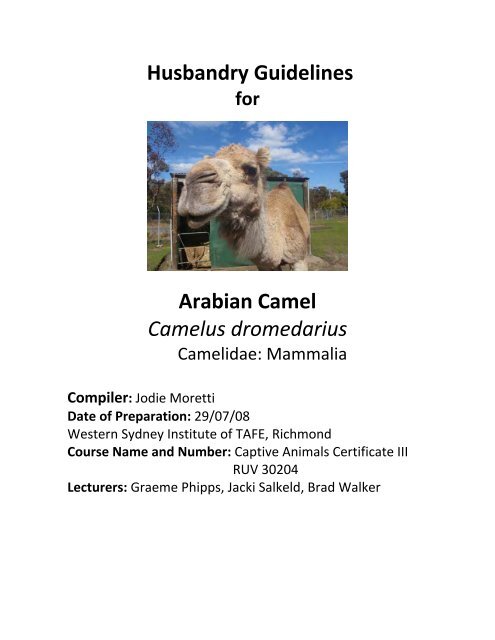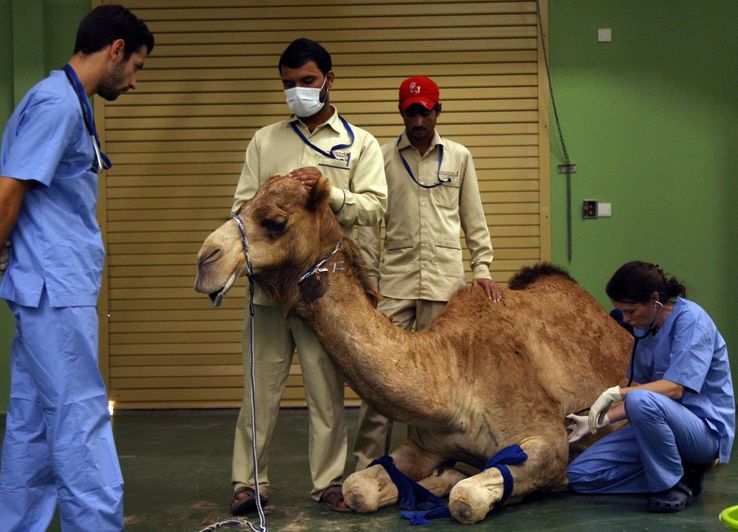Camel Racing Predictions: 10 Tips For Evaluating The Jockey’s Skill And Experience
It is vital to evaluate the jockey’s skills and experience when predicting the results of a camel races. The jockey is accountable for the camels’ performance in making the decisions and directing the camels. Here are ten tips for evaluating jockey skill and experience in evaluating camel racing forecasts:
1. Examine the Jockey’s track record
Past Performance: Examine the jockey’s history of places, wins and overall performance during previous races. A streak of consistent high-scoring races can be an indicator of the ability and reliability of a jockey.
2. Take into account the jockey’s experience level
Years of experience. Professional jockeys possess greater knowledge of race dynamics. They also know about the behavior of camels. Jockeys with more experience are better able to make decisions during races.
3. Camel Familiarity Tests for the Jockey
Camel-Jockey Relationship: A jockey’s familiarity with the camel they’re riding is crucial. jockeys who regularly ride the same camel will be able to recognize the response of the camel and adjust their strategies accordingly.
4. The Jockey’s performance on similar Tracks
Track-Specific Skill: Some jockeys excel on specific types of tracks (e.g. sand and dirt or grass). Analyze his success on tracks that are similar to the track on which the next race will be being held.
5. Check out recent trends in performance and form.
Current Form: A jockey’s performance in recent races can tell more about him than his overall statistics. Pay attention to the most recent performance of the jockey. It may indicate an alteration in the speed.
6. The ability to make decisions of the jockey can be examined
Race tactics: Skilled jockeys excel in making quick decisions, such as when to push the camel to speed or save energy. Check out race replays or race reports to assess the jockey’s tactical approach.
7. Check the jockey’s record for various breeds of camel.
Breed-Specific Achievement: Some jockeys are better at certain breeds of camels due to the differing requirements for handling. Consider the record of the jockey with the camel that they plan to ride in the next race.
8. Take into consideration the jockey’s weight and Fitness
Weight Management in camel races jockeys’ weight may have an impact on the endurance and speed of the camel. Jockeys who maintain an optimal weight and fitness levels are better positioned to enhance their camel’s performance.
9. The jockey’s ability to adapt to the race’s conditions is crucial.
In adverse conditions A jockey who is able to adapt to changing racing conditions like unexpected racing dynamics or weather fluctuations will be more likely to succeed. Check for signs of flexibility in previous performances.
10. Examine the Jockey’s reputation, and their feedback
Peer Opinions and Experts’ opinions: The feedback provided by racing analysts, trainers, and other jockeys can provide an insight into the professionalism and skill of a proficient jockey. A positive track record usually corresponds with high standards of competence and professionalism.
If you take these elements into consideration, you will be able to better predict the impact of jockey’s skill and previous experience on the outcome of camel races and increase your chances of accurately assessing the race forecasts. Follow the top rated Expert Camel Racing Predictions Against The Spread for site info including predictem free picks, tennis tips, picks for today, game predictions, best tennis prediction, prediction for tonight game, picks and predictions, bet prediction, english racing tips, betting tips today and more.

Camel Racing: How To Evaluate Camel Racing Predictions Using 10 Suggestions On Camel Breeding And Lineage
Understanding the origins of camel breeding is essential in making predictions regarding camel racing. Genetics and lineage can affect the speed of a camel, its stamina and racing potential. Here are 10 suggestions for evaluating the breeding of camels and lineage to make more informed predictions
1. Camel Pedigree Research
Lineage Analysis: Investigate the pedigree of the camel to discover the ancestry of its breed. A camel with a lineage that includes successful racers often has a significant genetic advantage. It inherits traits that allow for speed and durability.
2. Evaluation of the performance of sires as well as dam
Parents’ Performance: Examine the race history and successes of the sire and dam. Success for Parents: Parents who have succeeded tend to produce offspring with desirable race characteristics like speed, stamina and endurance.
3. Find a Breeding Specialization
Specialized Breeding. Certain camels were bred especially for racing. The focus was on traits like speed and agility. If the camel comes from an elite racing line, it could mean that it has more potential for successful racing.
4. Examine the Camel’s Age and Maturity
Age Considerations: Age can influence a camel’s performance. Even though young camels are able however, they may not have the experience to perform at peak levels. However older camels will be more consistent in their performance but they may also be past their peak.
5. Think about the Camel’s training and development
Training Background: Even though the camel might be a pedigree with a stellar pedigree as well as a high level of development, its training is still crucial. Assure that the camel was properly trained to maximize its potential genetically.
Examine for the Performance of Lineage in historical races.
Examine the performance of other camels in similar lineages. A history of family members with good results can be a great indicator of the future’s results.
7. Genetic Traits Which Impact Racing
Genetic Characteristics. Certain genetic traits like muscle growth lung capacity, overall health, have an impact on the race’s performance. It is important to determine whether camels carry these positive characteristics from their lineage.
8. Camel Reproductive Results in the recent years
Breeding Success: Examine the results of recent breeding and observe how the camels who were born in the same litter are doing. The consistent success of recent offspring may indicate a strong gene pool.
9. Consider the effects of inbreeding
Effects of inbreeding Be aware of negative consequences of inbreeding like genetic disorders and decreased performance. To maintain genetic diversity, well-managed breeding programmes avoid excessive inbreeding.
10. Reputation Evaluation of Breeding Program
Program quality: Determine the reputation of the breeding farm or program where the camel was born. Reputable breeding programmes are more likely than not to breed high-quality racing horses with high performance potential.
Consider these factors when evaluating the breeding and lineage of the camel in order to gain information about its potential performance in races. This will allow you to make better predictions. Check out the top Betting for site advice including today prediction, tennis tips, free picks today, picks for today, computer picks, best betting today, best picks, tomorrow prediction, predictem free picks, best tips and more.

